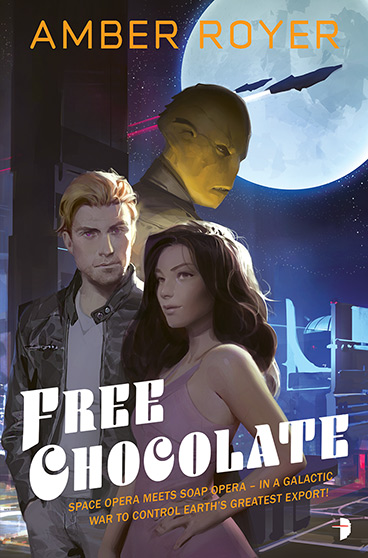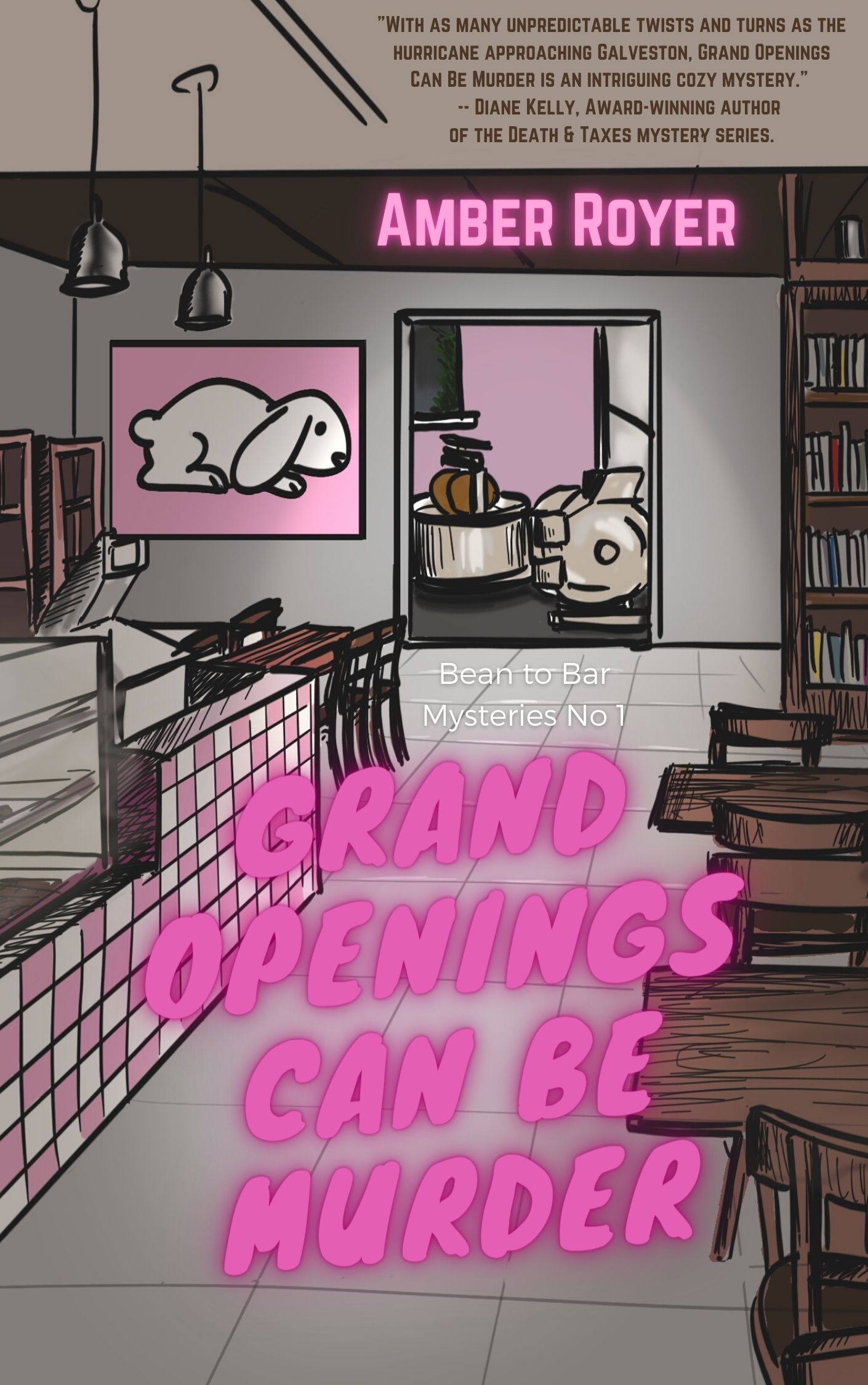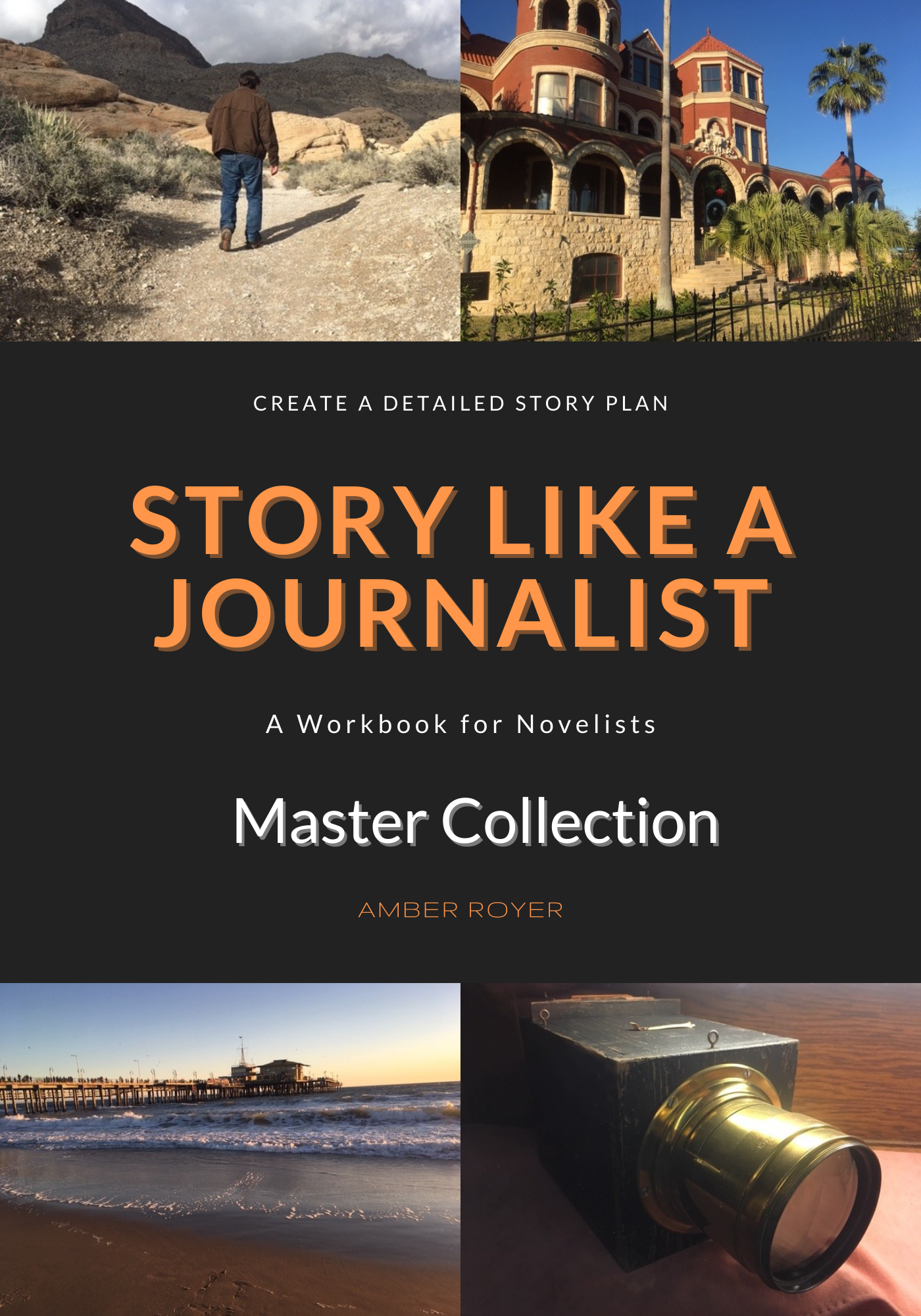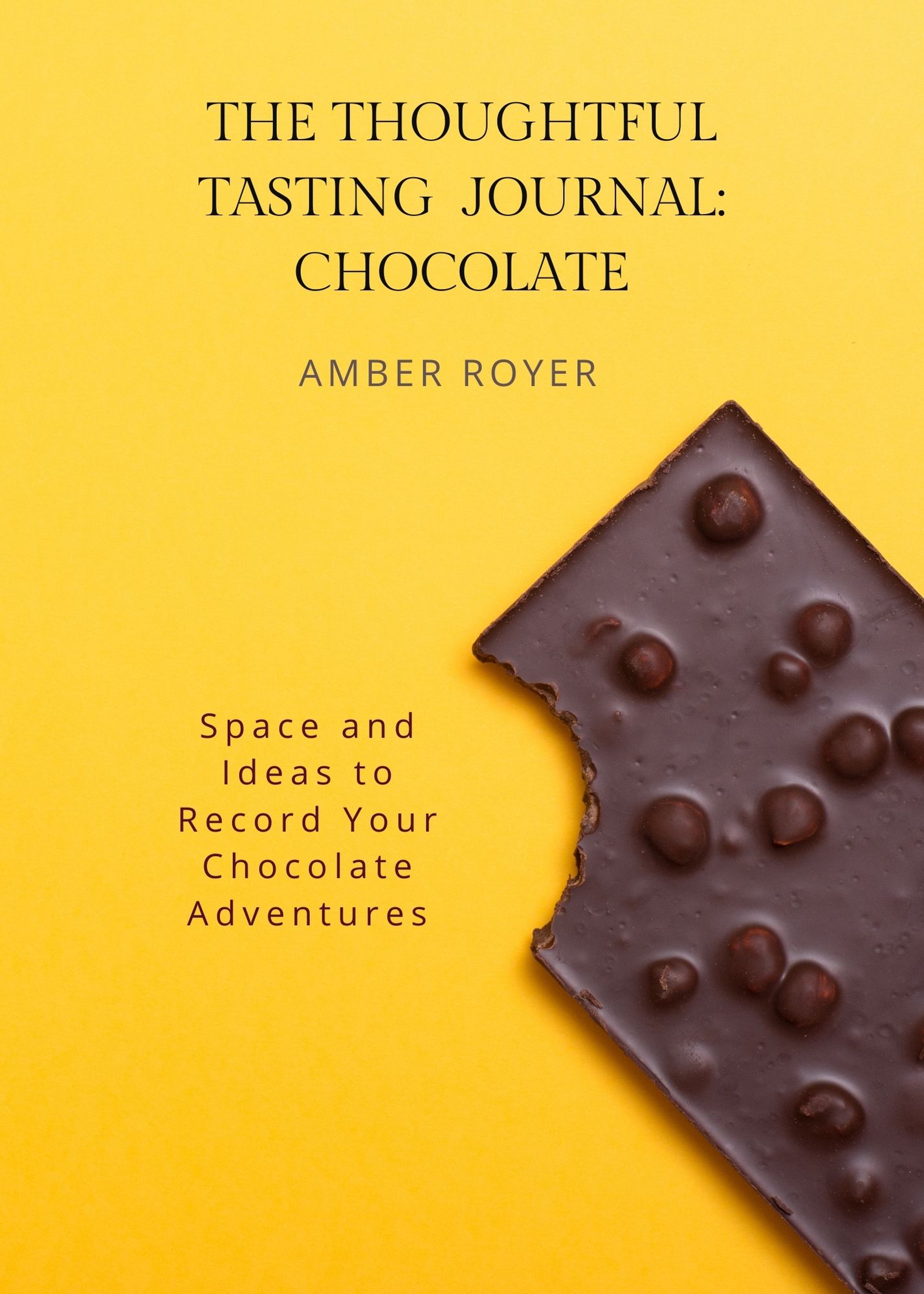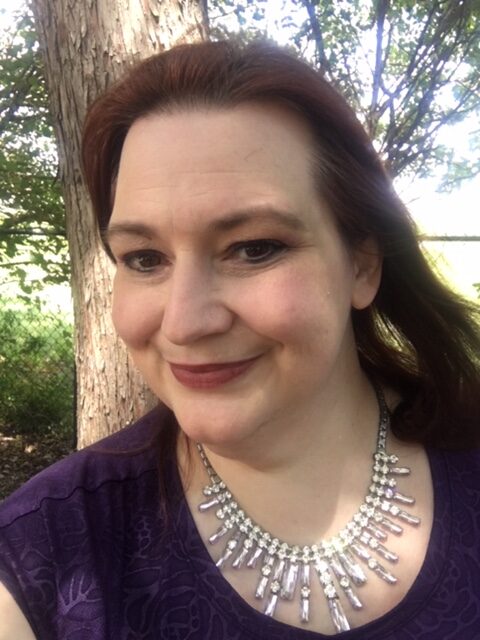
WRITER THINGS
How long have you been writing, and what are your preferred genres and settings?
I’ve been writing since I was a kid, but it was a long journey to having my first book traditionally published in 2018. I write both mystery and science fiction. I’ve written works that required researching different parts of the globe — and the universe. I’ve also written pieces set in familiar locations in Texas (mainly DFW and the Gulf Coast).
Who or what originally inspired you to try your hand at writing?
My fourth grade teacher praised a piece of writing I did as a class assignment and told me I had the imagination to be a writer. I already loved to read and had connected with Ramona Quimby, from Beverly Cleary. My teacher emphasized that somebody had to write those books.
What lengths of stories do you prefer, i.e. short stories/flash fiction/novels? What formats do you like to release your work in, i.e. ebook, paperback, audiobook?
I write both short stories and novels. My books are released as paperbacks and e-books. I’m working on the technical aspects of releasing an audiobook, but I don’t have a timeline yet for doing so.
What’s your publishing method – trad or self – and are there any companies, agencies, or platforms you really like working with? Are there any that you absolutely will not work with?
I have done both traditional and self publishing. My agent is Jennie Goloboy with Donald Maass Literary Agency. I have had good experiences for my self-published work with Ingram Spark (distribution), Lonestar Lit (marketing) and Books Go Social (which includes a deal for NetGalley.)
What does your writing environment look like? Are there specific or unique features to your drafting and writing process that you feel are interesting?
I write on my laptop. I write at home, at restaurants/coffee shops, and occasionally at my husband’s office (in a spare cubicle — don’t judge, they let me have all the coffee I want). My outlining process is different depending on the type of project I’m working on. For instance, I know the recurring characters and the setting well enough for my mystery series – going into book 8 – that I usually start with a list of suspects I’m going to introduce, a motive for each one, and who actually did it and why. The steps of introing suspects and giving false clues is familiar enough at this point that I don’t really outline in detail. On the other hand, I’ve done full outlines for short stories, because I have the idea but want to make sure the execution is balanced and follows a reasonable structure. It all depends on the tools I need for the specific project.
MEATY THINGS
What, if any, social issues do you feel like you address the most in your work?
I write mainly escapist fiction about shark aliens who eat criminals, and chocolate makers who solve crimes. I don’t have a social agenda underlying it, but there’s sometimes something to the nature of the crimes involved (such as a subplot in one of my Bean to Bar books involving the plight of endangered sea turtles) that gives some weight to the text.
Are there any marginalized populations represented in your work, and how do you relate to those populations?
I have a racially diverse friends’ group (on my recent trip to Japan, I was able to spend time with two different friends there) so naturally my books include a wide range of people and cultures. Personally, I come from a Cajun background, which connects me most to Felicity from my Bean to Bar books, who has a similar background. Bo Benitez, from my Chocoverse series, shares a last name with my long-time best friend.
What kind of material or social impact would you like your work to have? What would you like your literary legacy to be?
I want people to connect with my characters, to laugh and love and feel loss with them. I want to write works that stand the test of time, and feel relevant because of the universal themes and humanity of the situations — despite the fact that much of what I write is humor.
How do you think fiction that takes place in future contexts influences or describes either the present or how we collectively might turn out in the future?
I think science fiction inspires future generations of scientists. Without early sci-fi stories, people never would have built real rockets to the moon, or be looking at Mars. Speculative fiction is also about dreams and nightmares, and often represents what the writer thinks about something deeper. (Jurassic Park originally was about a lot more than rampaging dinosaurs. Despite how far it has gone from the tight narrative of the original, it is still exploring what it means to have ethical science.) But not all speculative has universal or even useful exploration for anything beyond what human nature would do in a specific set of unusual circumstances.
What kind of social critique of the present or the past do you think attracts people to write historical fiction?
I think writers of historical fiction come to it from all of those viewpoints. My favorite works that touch on historical subjects are Connie Willis’ Doomsday Book series, which allows historical characters to have historically accurate views, with commentary on the situation from time travelers visiting the different eras. The first book in that series broke me, but the humor of later volumes put me back together again.
PROMOTIONAL THINGS
What works are in your current bibliography?
The Bean to Bar Mysteries – Book 1 through 7 — Starting with Grand Openings can be Murder, these are stand-alone cases with an overarching arc for my character Felicity Koerber, who goes from a recent widow changing careers to a successful business owner ready to love again. Book 8 is about to teach her that she still has room to grow.
The Chocoverse Space Opera trilogy — Starting with Free Chocolate, this narrative supposes that chocolate is the only unique resource Earth has left, and that my character Bo Benitez is about to steal the source of in an attempt to prevent a galactic war
Sisters in Crime North Dallas Anthologies — I have a short story in each of the Sisters in Crime ND anthologies, starting with Malice in Dallas. They’re mostly humorous and pay homage to Dallas-area architecture paired with some of my favorite movie tropes.
I also have a writer’s workbook, Story Like a Journalist. It includes over 100 worksheets and instructional text for using lessons from the journalism classroom to create a story plan that is vivid and pulls from well-designed planning resources.
Which one(s) are you the most proud of?
I think Free Chocolate (the first Chocoverse book), which represents a huge amount of growth for me as a writer. I put so much into the world building and language construction, and the depth of creativity required has been unmatched in my work. Plus, I feel it is genuinely funny. Do you know how hard it is to make that many ridiculous jokes land?
What stories do you have coming out soon that we can look for?
Look for Vanishing into the 100% Dark, coming early 2025.
Do you have any social media channels that you’re especially active on? Where can people follow you (in socially acceptable ways)?
Look for me on Instagram, Facebook and YouTube. You can also visit my website, and currently teaching creative writing through UT Arlington Continuing Education, and classes can be accessed via Zoom.
